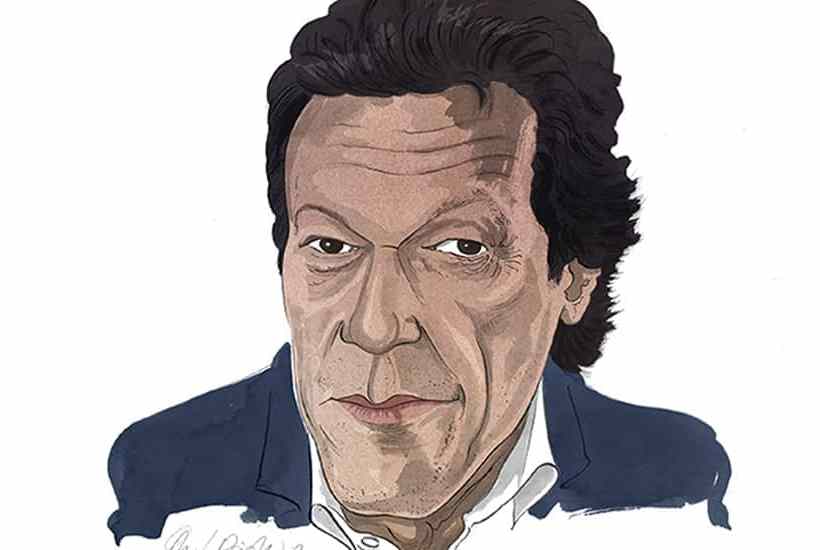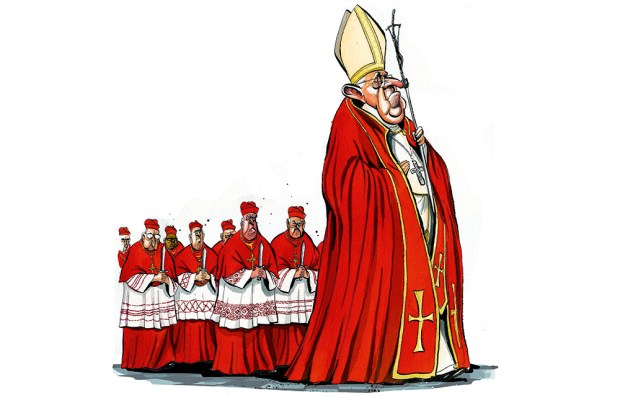In the brief interlude of Chechen independence between the Russia-Chechen Wars of the 1990s, I travelled with Imran Khan from Grozny to Baku, where we were due to meet Azerbaijan’s finance minister. We had different reasons for our visit. I was interested in the business potential of the countries of the Caucasus, while Khan, a former cricketer turned fledging politician who had recently formed the Pakistan Movement for Justice party (PTI), was keen to support the then independent Sufi Islamic state of Chechnya.
Already a subscriber? Log in
Subscribe for just $2 a week
Try a month of The Spectator Australia absolutely free and without commitment. Not only that but – if you choose to continue – you’ll pay just $2 a week for your first year.
- Unlimited access to spectator.com.au and app
- The weekly edition on the Spectator Australia app
- Spectator podcasts and newsletters
- Full access to spectator.co.uk
Unlock this article
You might disagree with half of it, but you’ll enjoy reading all of it. Try your first month for free, then just $2 a week for the remainder of your first year.













Comments
Don't miss out
Join the conversation with other Spectator Australia readers. Subscribe to leave a comment.
SUBSCRIBEAlready a subscriber? Log in